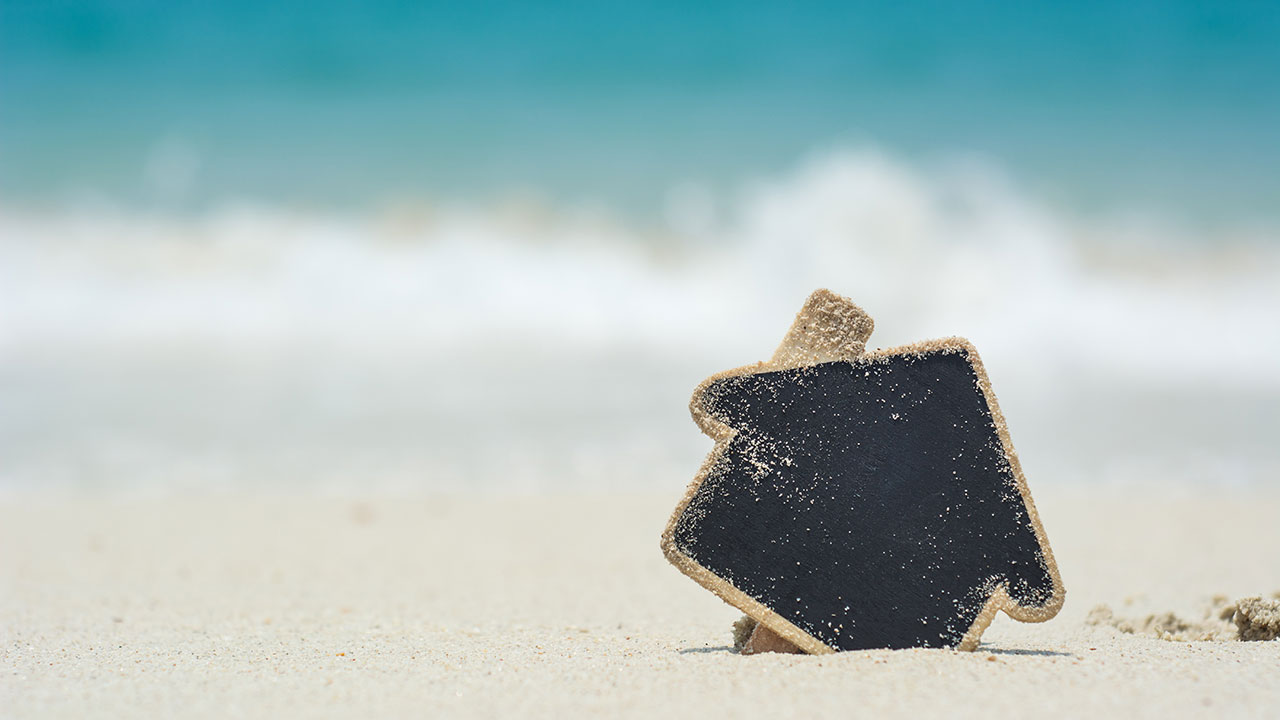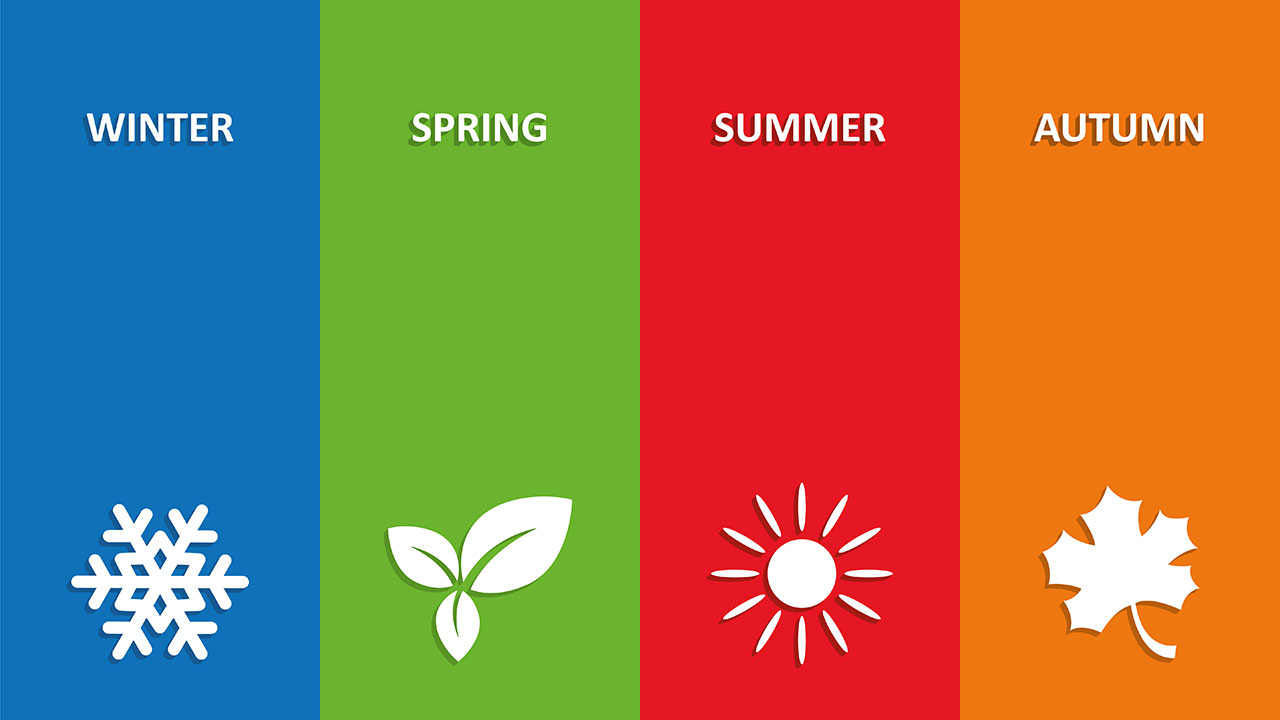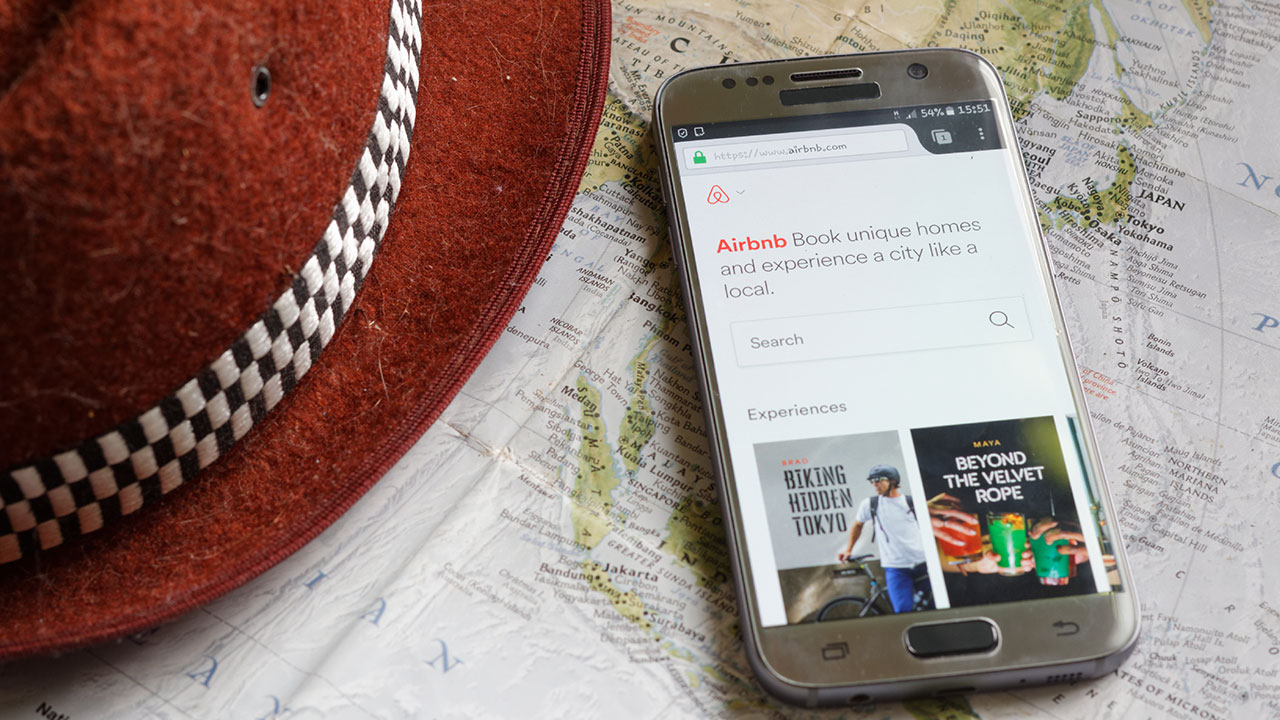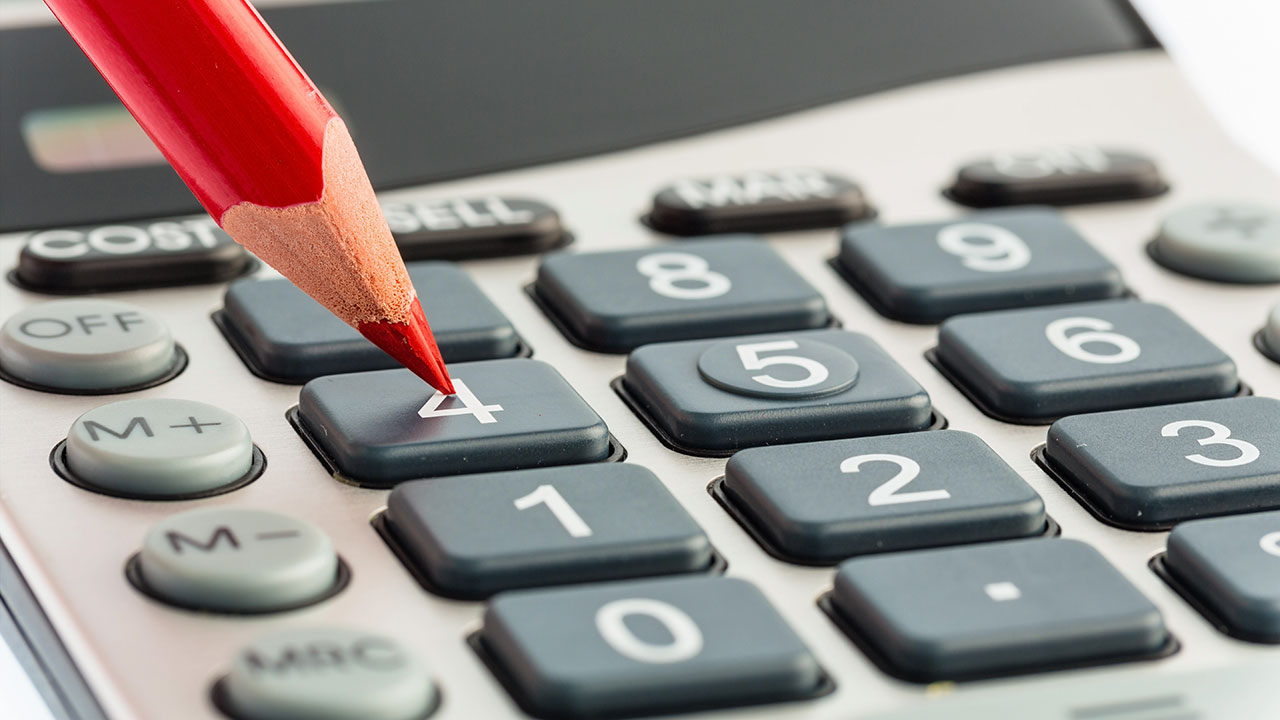
Everyone needs a getaway every once in a while, and a change of scenery can be just what’s needed to refresh and unwind. But sometimes having to book a hotel or chalet can be a bit of a challenge, especially during peak seasons when availability is scarce and prices are through the roof. In cases like these, having your own retreat that you can visit at the drop of a hat can be a lot more convenient.
These days, plenty of people are snatching up second homes of their own. In fact, about one-fifth of all homes purchased in the U.S. are vacation homes, according to the National Association of Realtors. You might want to consider jumping on that bandwagon.
But before you put in an offer on that second home, make sure to heed the following tips first.
Assess Your Long-Term Needs and Goals
What exactly are your current needs, and what do you anticipate them to be in the future? Will you be using the home just for quick weekend getaways, or for extended summer holidays? If it’s the former, you should probably look at homes no further than an hour or two away, while the latter might even justify a plane ride to get there.
You should also consider whether or not the second home would serve as your retirement home. If so, you want to make sure that certain amenities are close by, especially health care services. Before you buy a second home, be realistic about the type of property that suits your particular lifestyle, ,both now and in the future.
Stay in the Area Before You Buy

If you’ve never been to the area that you’re looking to buy in, do yourself a favor and book a few visits to get a feel for what it would be like to vacation there. Even if you have stayed there before, try to get to know the area as a local rather than as a tourist. Visit the place in all four seasons, including during off-peak times, and chat up the locals to get their opinion of what life is like in that community before you buy.
Compare the Cost of Location
In housing markets that are dominated by vacation properties, the price of homes can vary a great deal. The same house in one vacation spot can be a lot more expensive than in another.
And of course, properties on premium lots, such as those that are located facing a lake or at the foot of the mountain, will obviously be more expensive than those sitting on a traditional lot. Try to compare similar homes in different vacation spots to see what their price difference is before settling on a particular location.
Consider Renting or Fractional Ownership to Keep Costs Down

Renting out your second home could be a viable option if you want to supplement the mortgage with a rent check. This is especially true if the home will sit vacant for the majority of the year. You could find yourself spending a lot of money for a home that you don’t spend a lot of time vacationing in.
During the remainder of the weeks when you’re not there, you may want to consider filling it with paying customers in the meantime to offset the costs. Just remember to become familiar with the landlord/tenant laws in your area to make sure you’re well aware of your responsibilities as a landlord.
Additionally, you could consider fractional ownership whereby you and others share ownership and costs of the home. By sharing the expenses of the home, you and your friends or relatives can all enjoy a vacation for a fraction of the cost.
Get the Right Mortgage For Your Second Home
The type of mortgage your lender will give you to finance your second home will depend on whether the property is viewed as a rental home versus a vacation home. If the lender considers the purchase to be for investment purposes so you can rent it out for a period of time throughout the year, it will be considered an investment property. In this case, the mortgage you get will be different than a traditional mortgage, and will typically be more expensive in terms of higher interest rates and bigger down payment.
That’s because lenders consider loans for these types of investment properties to be riskier. Since buyers aren’t living in these homes full time, lenders may be more concerned that borrowers might be more prone to default on their monthly payments if they’re unable to keep up with their mortgages. That said, a slightly more expensive mortgage shouldn’t throw your finances off if you are collecting a handsome rent check during those times of the year when the property is being used as accommodations for others.
On the other hand, if the home is seen as a vacation property in which you actually live in it on a semi-regular basis, the mortgage conditions will change. Vacation home mortgages have only slightly higher interest rates compared to primary home mortgages. Just like with your main home, it’s worth it to shop around for the best mortgage rate and terms.
Check Out Potential Tax Breaks For Owning a Second Home

If the home is being used for your own personal use, then you can deduct mortgage interest as you would be able to with your primary residence. Up to 100% of the interest paid up to a total of $1.1 million of debt that’s secured by both your first and second properties can be deducted. You’re also able to deduct property taxes on your second home. However, you typically aren’t allowed to write off the cost of utilities, maintenance or insurance like you would on a primary home, with certain exceptions.
On the other hand, the tax rules are different if you rent your second home out. The rules also depend on how long the home is rented out each year. For instance, if your second home is rented out for less than 15 days per year, you do not have to pay taxes on the rental income you collect. However, you can’t deduct rental expenses. If your second home is rented out for more than 15 days per year, the rental income needs to be reported, but you can still deduct expenses associated with upkeep.
Use a Local Real Estate Agent
Buying a home, whether it’s your primary residence or a second home, should always be done with the help of an experienced real estate agent. In the case of your second home, it’s important that you use an agent who works in the community you’re looking to buy in and is familiar with the local market as well as any particular issues that you might not look for in a typical home.
Areas with road restrictions, access issues, or protected plant life can impact the use and enjoyability of your home if you’re not aware of them and prepared to deal with them. A local real estate agent will know what to look for and will fill you in on these often hidden issues, especially if you’re not from the area.
The Bottom Line
There are plenty of conveniences that go along with owning a second home, as well as the obvious extra expenses. Buying real estate – whether it’s your first or your second home – is a huge financial decision and one that should be made only after careful consideration. Be sure to think about all the possible pros and cons to help you make a more informed decision.